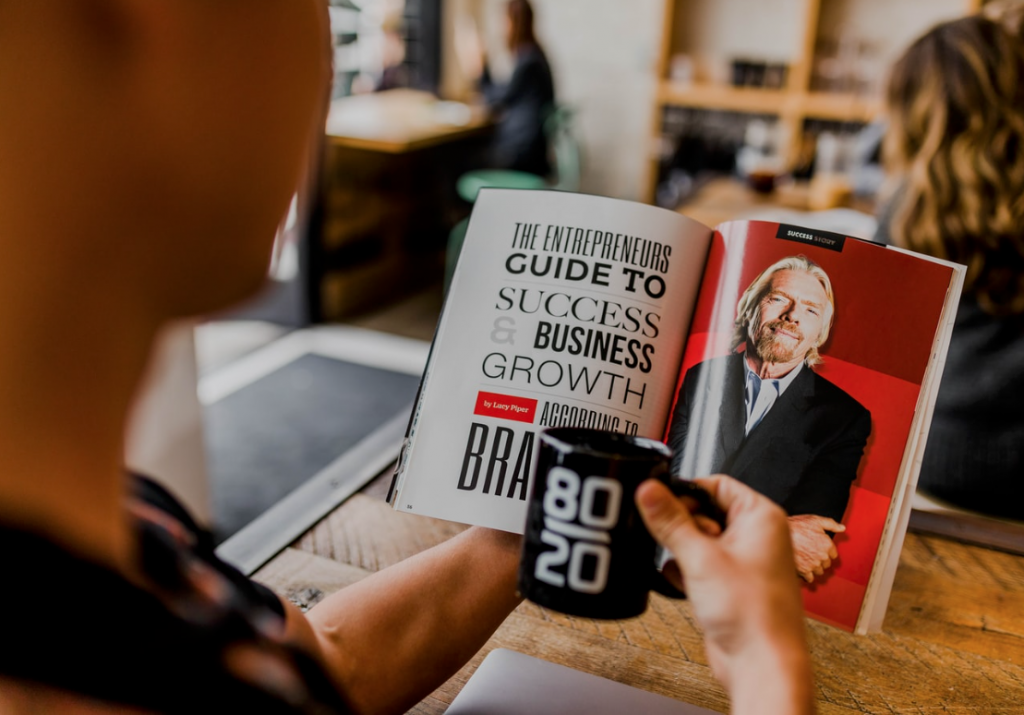After leaving school at 16 and sleeping rough in London, Scottish born entrepreneur Mike Stevenson turned his life around when he returned to finish his education at the age of 22. He went on to found an award-winning marketing and design agency and has since built a reputation throughout the UK as an inspirational speaker, trainer and creative consultant through his company Thinktastic.
As the keynote speaker at Gradfest2021 – a six-week online careers festival for graduates of Queen’s University Belfast – Mike will motivate and inspire university-leavers to persevere in the pursuit of their dreams. With the COVID-19 pandemic changing the way people live, work and socialise, Mike believes this will accelerate demand for innovation among today’s graduates.
Mike says: “I really do believe we are approaching the most transformational period in human history and that means there are opportunities, particularly for graduates who are leaving university now with all the skills and attributes that they bring to the world. It won’t happen overnight; they may face pitfalls and rejections. I have been through that, so I can tell them how to make sure that each time they fall, they emerge stronger. I left school at 16, I slept out on the streets of London; I didn’t set up my own business until I was 43 and then became an award-winning entrepreneur.
“As the pace of change accelerates, extraordinary organisations will shape the future – not play catch-up. They will be creative, fearless and collaborative. They will be the innovators.”
Trevor Johnston, Head of Careers, Employability and Skills at Queen’s University Belfast said: “We are delighted to welcome Mike to Gradfest2021. It goes without saying that this has been a very challenging year for our students and graduates who should be commended for completing their studies under unusual circumstances.
“The achievements of our latest cohort of Queen’s graduates is a testament to their commitment and resilience and we are extremely proud of how they have persevered and adapted.
“Mike’s story is one of spirit and determination and we are confident he will inspire our students to stay agile as they press forward, ultimately raising their aspirations as they continue on their career journey.”
Mike joins a line-up of speakers comprising Queen’s alumni, students, business leaders and sponsors who will stream live to students via the Queen’s Careers, Employability and Skills Instagram handle @QUBCAREERS throughout Gradfest2021.
Trevor says: “Instagram is a powerful tool to connect with our student and graduate audience. By streaming live on the platform, Mike and his fellow speakers will be able to connect with the audience in real time and respond to questions via the comment box during the live stream. We hope that by using this unique live video strategy, we can show our student audience a less filtered and more human side of our speakers.”
Alongside live streamed employer Q&As, resilience coaching and alumni success stories, Queen’s graduates can search and apply for jobs via the Gradfest2021 site and access careers advice and support via the live chat function.
Mike Stevenson will be live streaming his keynote speech via the @QUBCAREERS Instagram page on Friday 11 June at 12pm. The recorded video will also be available on demand via the Gradfest2021 site. For more information visit GO.QUB.AC.UK/GRADFEST2021












